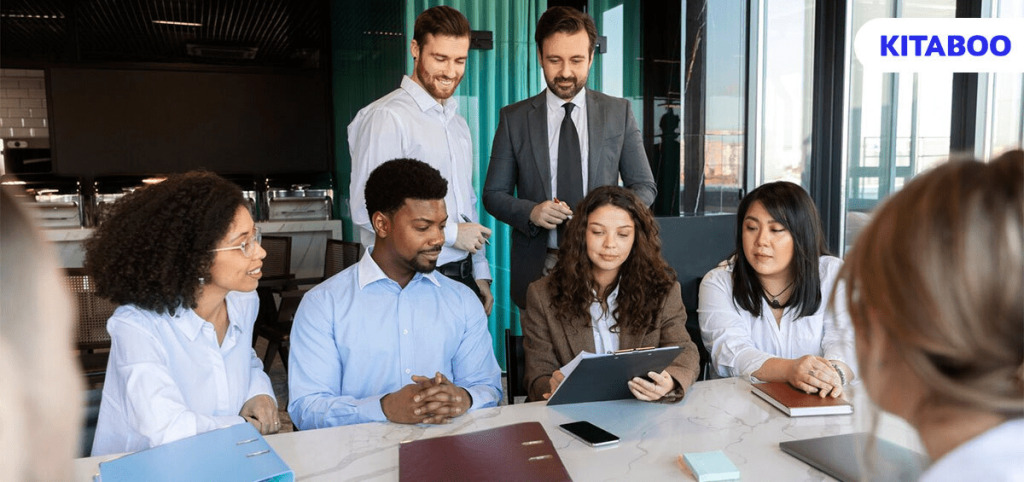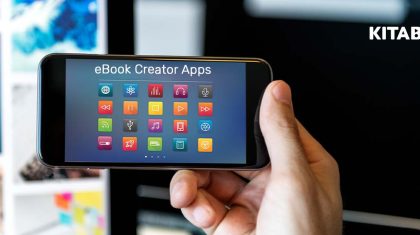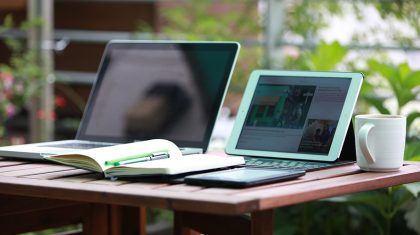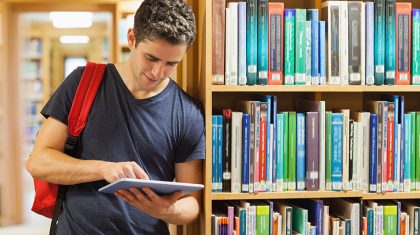
How Professional Learning Communities Impact Student Achievement
In this modern world, there is no dearth of student resources. From eBooks to digital resources and the vast availability of study material, one extremely important resource that supports students in achieving academic excellence is professional learning communities or PLCs.
Professional learning communities are a group of teachers, guides, experts, administrators, and other educational geniuses who come together to provide relevant academic assistance to students. The aim of forming such communities is to polish the teaching methodology and provide collaborative support to learners.
The approach of PLCs is popular among students because of the following features:
- These groups inculcate a culture of teamwork wherein every member contributes towards sharing best practices
- PLCs offer a diverse teaching methodology and individual support.
- Besides helping students work on their areas of improvement, PLCs also bring about transformative changes in the teaching structure and student outcomes.
- PLCs are technically advanced communities that consider data analysis when forming instructional decisions. They offer customized academic support based on individual needs and preferences.
The role of PPCs is not limited to academics. The professionals extend their support to career development and assistance in understanding industry and market trends, thus trying to make students future-ready.
Table of Contents:
I. 10 Ways in Which PLCs Can Contribute to Academic Success
- Personalized Coaching
- Peer Support, Counseling, and Mentoring
- Additional Resources and Specialized Support
- Discussions and Extracurricular Learning
- Parent Involvement
- Facilitate Teaching Methodologies
- Collaborative Environment
- Cover all Spheres of Academic Excellence
- Seamless Feedback Mechanism
- Empower Teachers
II. Conclusion
10 Ways in Which PLCs Can Contribute to Academic Success
Let us look at the top 10 ways in which PLCs help in achieving student academic excellence
1. Personalized Coaching
PLCs work on data. They analyze the outcome and provide personalized support to students, depending on their individual academic needs. This differentiated instruction methodology is curated depending on the student’s pace, experience, skills, and expertise.
The structure also includes personalized assessments and customized curriculum, goals, and strategies. KITABOO, one of the best digital textbook platforms, helps students gain learning excellence with AI-powered tools, techniques, student resources, and strategies.
2. Peer Support, Counseling, and Mentoring
One of the best features of PLCs is that it is not a one-person controlled study environment. It is a group of experts who have the right experience, refined student resources, and successful strategies.
The common effort of all professionals is to monitor and counsel learners on various fronts. This includes academic research, career building, skill development, market exposure, etc.
3. Additional Resources and Specialized Support
Professional learning communities (PLCs) can play a crucial role in providing specialized support and additional student resources through various collaborative strategies.
Using data, PLCs identify students who may require specialized support and provide them with targeted resource allocation to meet specific needs. They share effective strategies, best practices, problem-solving solutions, and improved support for students with diverse needs.
When faced with challenges related to specialized support, educators can work together to find effective solutions to address the unique needs of individual students.
Specialized support is in the form of career development opportunities, workshops, training sessions, and individualized learning plans for students.
4. Discussions and Extracurricular Learning
Professional learning communities (PLCs) can contribute to two-way communication and learning through discussions and extracurricular activities in several ways.
The objective is to ensure alignment between classroom learning and additional activities. This sharing of insights enhances the quality, effectiveness, and enrichment of extracurricular activities, which eventually provides students with a more holistic and well-rounded educational experience.
Discussions directed towards the progress of extracurricular learning revolve around participation in sports, volunteering for a society, upgrading the existing profile of students, and enhancement of grades and mental health by exploring opportunities outside of the classroom.
5. Parent Involvement
Professional learning communities (PLCs) can play a crucial role in promoting and facilitating parent involvement in education through various strategies. PLCs can strengthen the partnership between educators and parents, creating a collaborative and supportive community that is focused on the success and well-being of students.
These communities promote open communication channels in the form of regular meetings, newsletters, and digital platforms to share information about classroom activities, student progress, and upcoming events.
They can also organize seminars, webinars, workshops, or informational sessions for parents. This helps parents gain insights into teaching methods, curriculum, and ways parents can support their child’s learning at home.
These sessions can enhance parental understanding and involvement. The objective is to recognize and celebrate student achievements in collaboration with parents as it creates a positive atmosphere and encourages continued parental involvement in their child’s education.
6. Facilitate Teaching Methodologies
Professional learning communities (PLCs) can facilitate teachers in providing access to additional student resources. This is done through resource-sharing platforms wherein teachers can share a wealth of educational materials and resources among themselves.
Teachers can collectively design and recommend supplementary materials that align with the curriculum and learn how to incorporate various materials into their teaching practices effectively.
Teachers can further enhance their techniques and strategies through effective educational apps, online platforms, or other digital tools that extend beyond traditional materials. The communities collaborate with librarians and other organizations to expand access to additional educational student resources.
7. Collaborative Environment
Professional learning communities (PLCs) enhance teamwork and collaboration among learners and educators in several ways. They aim to promote regular meetings where students come together to discuss learning strategies, share experiences, and collaboratively problem-solve.
These consistent interactions and transparency build a sense of community and strengthen teamwork. The data-driven approach followed by PLCs helps learners identify areas for improvement and reinforce a cohesive culture. Peer observation is key, wherein students learn from the achievements and failures of others.
When faced with challenges, brainstorming with other students helps learners develop a problem-solving and decision-making approach that further promotes creativity, resilience, and a sense of collective responsibility.
8. Cover all Spheres of Academic Excellence
Academic excellence is not limited to academic expertise. Professional learning communities go beyond the staple delivery of academic knowledge and help students explore multiple areas. These areas include:
- Skill development
- Career building
- Real-world knowledge
- Application of skills
- Cultural competence
- Emotional dependence
To gain access to relevant resources that lead to academic excellence, get in touch with the experts at KITABOO today, a unique digital textbook platform that can help you with all kinds of relevant student resources.
9. Seamless Feedback Mechanism
Professional learning communities (PLCs) can enhance feedback mechanisms through regular and open communication in the form of meetings and discussions. Peer Observation helps teachers provide constructive feedback based on firsthand observations.
Feedback is data-driven, wherein educators within PLCs collaboratively discuss and plan to work on areas of improvement. Even teachers can devise instructional and structural methods and provide feedback to each other, contributing to continuous improvement.
Such feedback helps educators design formative assessments and devise structured feedback protocols.
10. Empower Teachers
PLCs help teachers collaborate, discuss, and brainstorm. This helps them come out with methodologies and solutions and additional resources that can further assist them in evolving their resources and providing updated info to students.
Educators are empowered with shared valuable student resources, a collective and large knowledge base, educational research and best practices, and innovative and up-to-date development in their respective fields.
Further, it improves skills like leadership qualities, teamwork, problem-solving skills, decision-making skills, and increased confidence.
Conclusion
The primary objective of professional learning communities (PLCs) is to create a supporting learning environment and ensure that every student receives a quality education. PLCs are formed based on shared responsibility and ultimately aim to promote a culture of continuous improvement.
The digital textbook platform KITABOO can help educators and learners understand and apply the concept of professional learning communities (PLCs) that can contribute to a more enriching and successful educational experience for learners.
The aim is to stay competitive and relevant, which helps students cope with technological transformations, constantly changing learning experiences and the required exposure to a variety of curriculum and learning paths.
To know more, write to us at contact@kitaboo.com.
Discover how a mobile-first training platform can help your organization.
KITABOO is a cloud-based platform to create, deliver & track mobile-first interactive training content.


